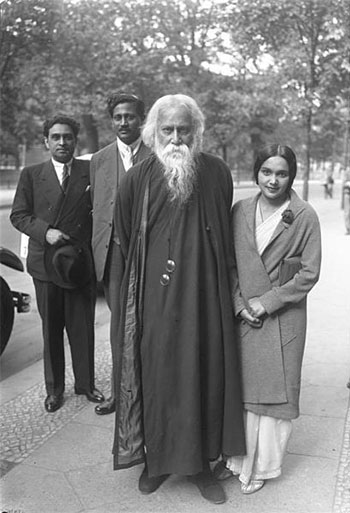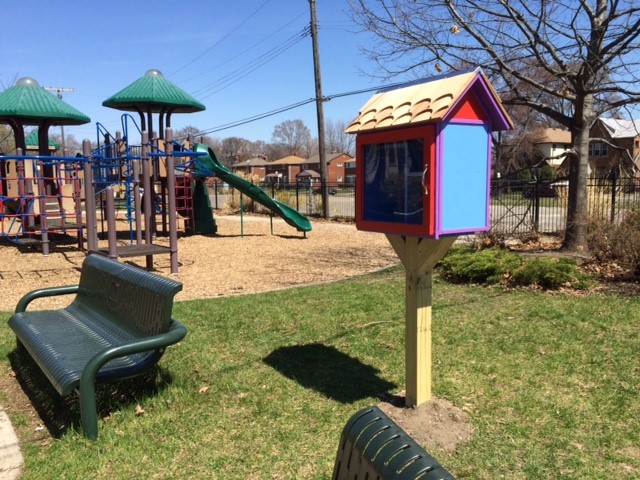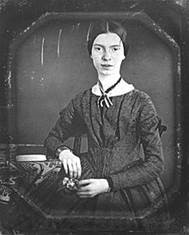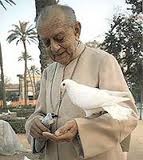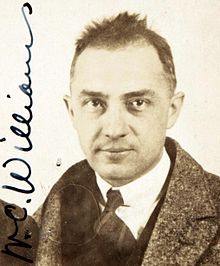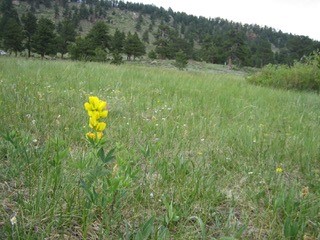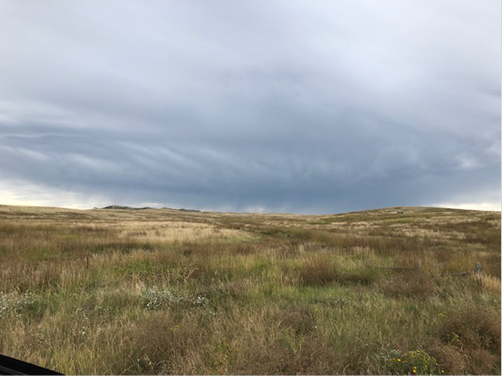Friday, March 27, 2020
“Dear John,
Here’s one from Naomi Shihab Nye. I know you’ve posted her poems before, but don’t know if you have seen this one, so just in case, take heart from Naomi at Gate A-4.
David”
https://www.grubin.com/america1900
https://en.wikipedia.org/wiki/David_Grubin
****
****
David Gruben, TV producer/director with whom I’ve had the grace to work as a “talking head” on several American Experience films – – “America 1900” & “Tesla” (2016) – – emailed the other day asking if I was familiar with “Gate A-4.” He’d read several Naomi Shihab Nye’s poems on the “Work Day in Hard Times” poetry list and wondered if I’d seen her extraordinary short story about a frightened and confused airline passenger in Albuquerque’s airport. (She spoke Arabic; the terminal workers couldn’t understand her nor make themselves understood.) Then a human magic happened. David is right; the Naomi’s story helps the reader to take heart in these frightening times. It’s not a poem, however, this brilliant poet wrote the story in gripping prose so you may find it hard to read as a poem (i.e., “read slowly, several times, with pauses”) but I’ll bet “Gate A-4” stays with you all this weekend.
p.s. Turns out we had posted Gate A-4 once before, Wednesday before Thanksgiving 2016. A-4 knocked me flat then, knocks me flat again this week.
Have a blest weekend,
John sj
Today’s Post: “Gate A-4”
Wandering around the Albuquerque Airport Terminal, after learning
my flight had been delayed four hours, I heard an announcement:
“If anyone in the vicinity of Gate A-4 understands any Arabic, please
come to the gate immediately.”
Well—one pauses these days. Gate A-4 was my own gate. I went there.
An older woman in full traditional Palestinian embroidered dress, just
like my grandma wore, was crumpled to the floor, wailing. “Help,”
said the flight agent. “Talk to her. What is her problem? We
told her the flight was going to be late and she did this.”
I stooped to put my arm around the woman and spoke haltingly.
“Shu-dow-a, Shu-bid-uck Habibti? Stani schway, Min fadlick, Shu-bit-
se-wee?” The minute she heard any words she knew, however poorly
used, she stopped crying. She thought the flight had been cancelled
entirely. She needed to be in El Paso for major medical treatment the
next day. I said, “No, we’re fine, you’ll get there, just later, who is
picking you up? Let’s call him.”
We called her son, I spoke with him in English. I told him I would
stay with his mother till we got on the plane and ride next to
her. She talked to him. Then we called her other sons just
for the fun of it. Then we called my dad and he and she spoke for a while
in Arabic and found out of course they had ten shared friends. Then I
thought just for the heck of it why not call some Palestinian poets I know
and let them chat with her? This all took up two hours.
She was laughing a lot by then. Telling of her life, patting my knee,
answering questions. She had pulled a sack of homemade mamool
cookies—little powdered sugar crumbly mounds stuffed with dates and
nuts—from her bag—and was offering them to all the women at the gate.
To my amazement, not a single woman declined one. It was like a
sacrament. The traveler from Argentina, the mom from California, the
lovely woman from Laredo—we were all covered with the same powdered
sugar. And smiling. There is no better cookie.
And then the airline broke out free apple juice from huge coolers and two
little girls from our flight ran around serving it and they
were covered with powdered sugar, too. And I noticed my new best friend—
by now we were holding hands—had a potted plant poking out of her bag,
some medicinal thing, with green furry leaves. Such an old country tradi-
tion. Always carry a plant. Always stay rooted to somewhere.
And I looked around that gate of late and weary ones and I thought, This
is the world I want to live in. The shared world. Not a single person in that
gate—once the crying of confusion stopped—seemed apprehensive about
any other person. They took the cookies. I wanted to hug all those other women, too.
This can still happen anywhere. Not everything is lost.
Naomi Shihab Nye
March 12, 1952

From Honeybee. Copyright © 2008 by Naomi Shihab Nye.
Naomi Shihab Nye reading “Gate A-4″
https://en.wikipedia.org/wiki/Naomi_Shihab_Nye


